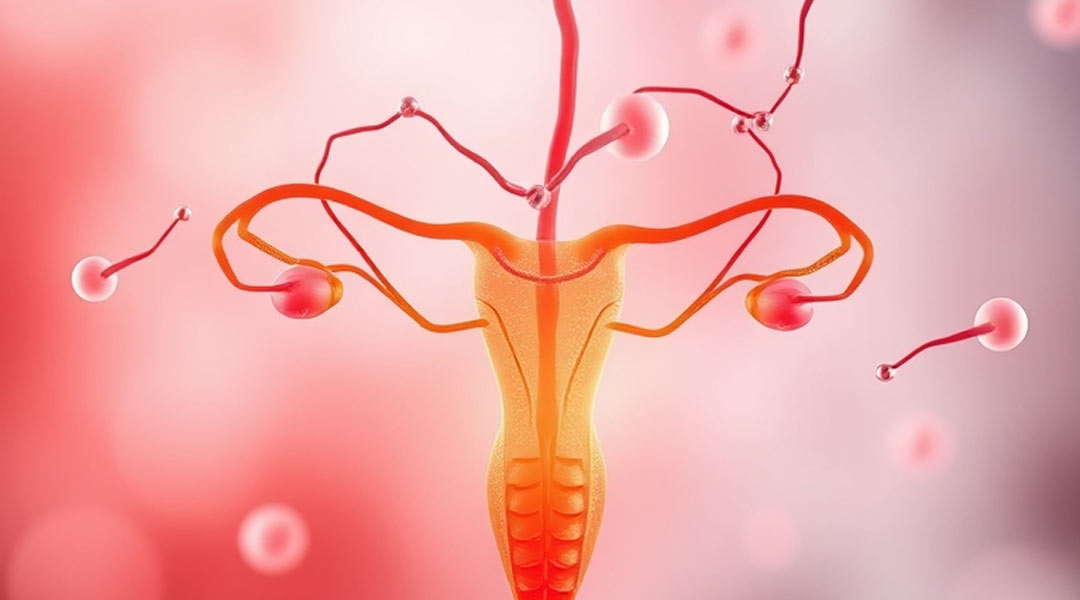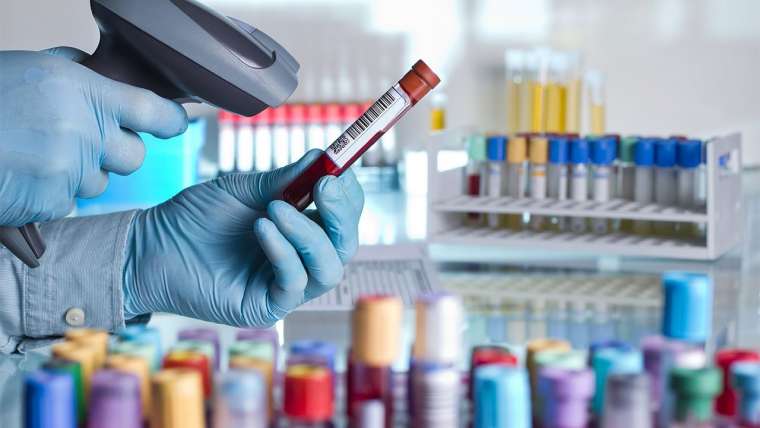IVF and other reproductive procedures, as well as fertility, depend on hormones. Similar to controlling menstrual cycles and helping with ovulation, fertilization, and embryo implantation, hormones regulate various angles of reproductive health. Dr Shweta Mittal Gupta , understands the significance of hormones in fertility and how imbalances affect IVF and other procedures.
The Influence of Hormones on Fertility:
Hormone, control different body processes such as reproduction. The primary hormones associated with fertility are:
- The regulation of the menstrual cycle and the preparation of the uterine filling for embryo implantation are both significantly influenced by estrogen.
- Estrogen is essential in the formation of eggs and the overall health of reproduction.
- Progesterone is secretedpost-ovulation to ready the uterus filling in case of conception. It assists in the attachment of a fertilized egg and aids in maintaining the original phase of pregnancy.
- FSH is essential for stimulating the ovaries to produce eggs that are later released during ovulation. Increased situations of FSH may indicate lower ovarian supply or inferior egg quality, conceivably leading to infertility.
- Luteinizing Hormone( LH) collaborates with FSH to initiate the ovulation process. adding LH situations prompt the ovary to release a progressed egg.
- Anti-Müllerian Hormone( AMH) serves as an index of ovarian reserve. Lower AMH situations indicate a reduced number of eggs, while higher levels signify a larger ovarian reserve.
- An imbalance in these hormones can interfere with the natural reproductive process, causing difficulty for couples trying to conceive due to infertility. This is the point at which fertility treatments like IVF are involved.
Treatment involving in vitro fertilization( IVF) and hormones:
The aim of IVF is to help fruitless couples in achieving pregnancy. The IVF prepare includes fortifying the ovaries to deliver different eggs, recovering them, fertilizing them in a laboratory setting, and after that swapping the created embryos into the uterus.
Ovarian stimulation :
The primary aim in IVF is to stimulate the ovaries to create more eggs. generally, a female releases only one egg per cycle, but in IVF, specialists endeavor to assemble a few eggs to extend the chances of fertilization. To attain this point, the IVF process includes the utilize of gonadotropins, comparable as FSH and LH analogs, to stimulate the ovaries.
FSH is given to stimulate the development of multiple follicles, each housing an immature egg. The IVF team nearly watches the developing follicles through ultrasound and blood tests. Estrogen levels increase as the developing follicles release the hormone during this stage.
Inducing Ovulation:
After the eggs are prepared for retrieval, the last step is giving a shot of human chorionic gonadotropin(hCG) or a GnRH agonist to induce ovulation. This imitates the usual LH surge that happens before ovulation in a natural way. It makes sure that the eggs are developed and prepared for retrieval.
Collection of eggs and fertilization:
- Following ovulation induction, the eggs are collected from the ovaries via a minor surgical intervention. The eggs gathered are afterward fertilized with sperm within the laboratory. After fertilization, the embryos are cultured for several days.
- Progesterone is managed at this stage to prepare the lining of the uterus for the embryo to embed. Progesterone helps in preparing the uterus to be more responsive to the fertilized embryo.
Transfer of the embryo:
After the period of development, the best embryos are chosen for insertion into the woman’s uterus. In this stage, estrogen and progesterone hormones proceed to be given to support the pregnancy and lower the chance of premature delivery.
Test to confirm whether a person is expecting a baby:
10 to 14 days after embryo transfer a blood test is done to monitor hCG levels, confirm implantation, and monitor pregnancy development.
Imbalances in hormones can impact fertility :
- While hormones are necessary for successful IVF treatment, hormonal imbalances can present significant challenges for couples seeking to conceive. Certain typical hormonal problems could impact fertility.
- PCOS is linked by a hormonal imbalance that causes ovulation to be irregular or missing. Women who have PCOS may witness ovulation disturbances which results in elevated testosterone levels.
- Hyperthyroidism( hyperactive thyroid) as well as hypothyroidism( underactive thyroid) can disturb ovulation and menstrual cycles, making generality more worrisome.
- Luteal Phase Defect happens when there is not sufficient progesterone made after ovulation, avoiding the uterus from being suitable to suppor




